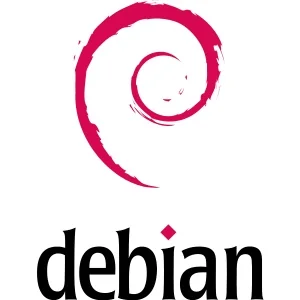Debian Packages To Eliminate Vendor-Specific Patches, Affecting Downstreams Like Ubuntu

This vendor-specific patch behavior for DPKG is mainly to help downstreams of Debian such as Ubuntu (not to be confused with vendor-specific hardware patches, etc). This vendor-specific patching has been used where say Ubuntu wishes to make some customizations to a Debian package that are minor in nature or basic alterations, they could land the changes in upstream Debian as a vendor-specific patch that would then be applied to the source package when building on Ubuntu... But keeping the package unpatched on Debian, or vice-versa. It reduces the maintenance burden for those wanting to selectively make basic changes to a package without having to maintain multiple largely redundant packages.
These packages are applied only when the original source package is unpacked. But this vendor-specific patching can lead to headaches when users/developers encounter different behavior out of what would be thought of as the same Debian package and other similar nuisances due to these patches being quietly and selectively applied.
The Debian Technical Committee has ruled that vendor-specific patch series should be phased out. Ubuntu and other downstreams wishing to make use of this behavior should really just spin their own separate packages rather than rely upon conditional behavior.
Effective now, packages using DPKG vendor-specific patch series will be treated as a bug. After Debian Buster debuts, the functionality will be considered forbidden.
More details on this decision via the mailing list while the background and arguments from both sides of this feature can be found via this bug report.
25 Comments

